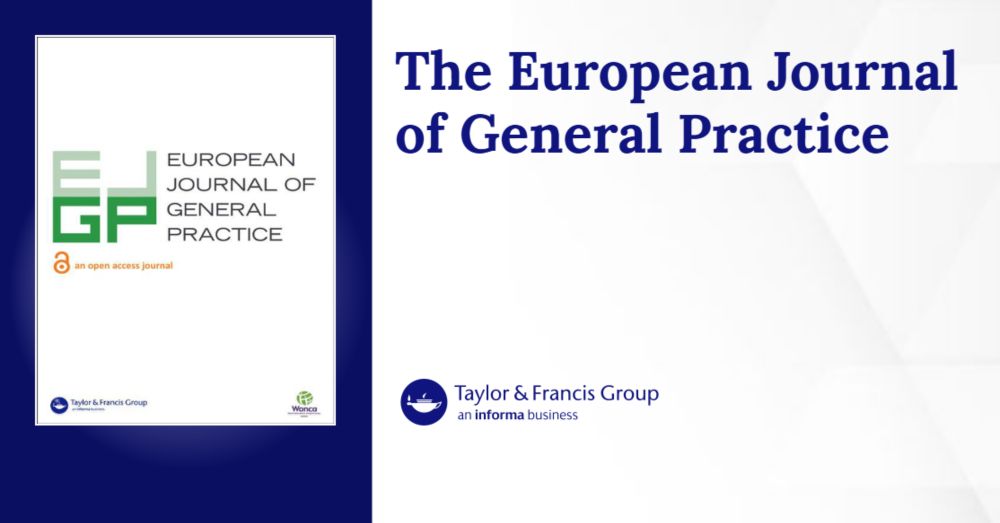Azeem Majeed
by Azeem Majeed
by Azeem Majeed
by Azeem Majeed
by Azeem Majeed
by Azeem Majeed
by Azeem Majeed
by Azeem Majeed
by Azeem Majeed
by Azeem Majeed
by Azeem Majeed
Reposted by: Azeem Majeed
by Azeem Majeed
by Azeem Majeed
by Azeem Majeed
by Azeem Majeed
by Azeem Majeed
by Azeem Majeed
by Azeem Majeed

by Azeem Majeed
by Azeem Majeed
by Azeem Majeed
by Azeem Majeed
by Azeem Majeed
by Azeem Majeed
by Azeem Majeed
by Azeem Majeed
by Azeem Majeed
by Azeem Majeed
Reposted by: Azeem Majeed
by Azeem Majeed
